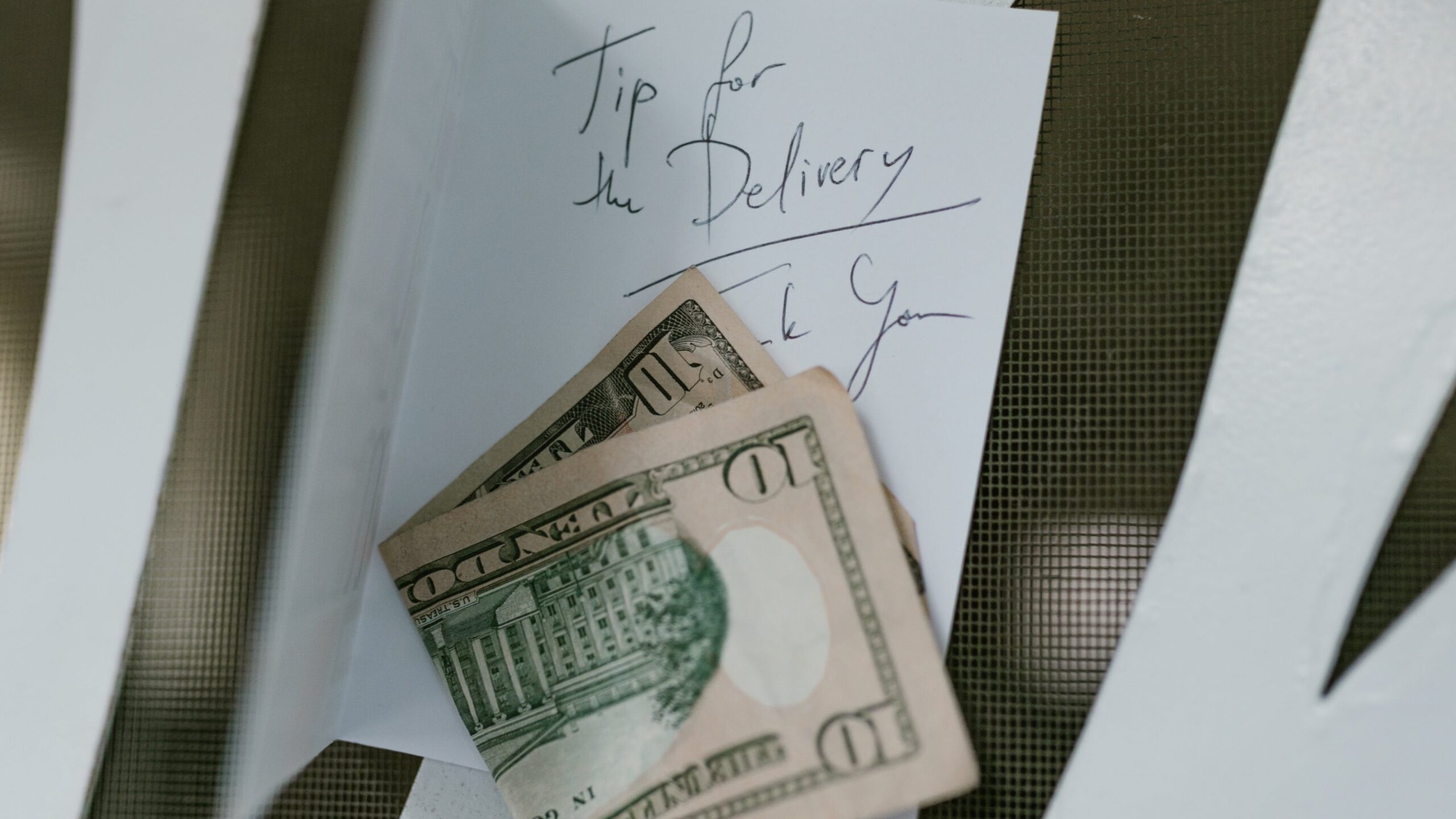Canada’s tipping culture is getting out of hand and leading to tipping fatigue.
Be it at one’s everyday coffee shop, pubs, restaurants, food trucks, coat checks, self-service point-of-sales systems, and ticket reservation kiosks. It is now more a social norm than etiquette.
The customary tips in establishments range from 15 to 30 per cent of the pre-tax bills. And the lower range can still be considered rude.
As students, eating out is in itself a luxury, especially with the costs of living being what it is in Canada. Treating oneself to a weekly or fortnightly meal should not have to include a 20 per cent tip.
Then one hears public opinion saying, “If you can’t tip, don’t go out.”
The burden of supplementing a server’s income should not have to fall on a student who is enjoying a night off from their part-time jobs and worrying about the upcoming bills.
It should be the responsibility of the establishment.
The Angus Reid Institute mentions “tip inflation” where more Canadians are being asked to tip more and more regularly.
More than three in five have reported a “tip-creep” where establishments who didn’t necessarily ask for a tip previously, have added the request to their digital payment machines.
It was also reported four in five said too many places are asking for tips these days.
The idea behind leaving a tip is to show monetary gratitude for a service or a reward for a person’s effort and supplement their income.
What used to be a glass jar labelled “tips” is now, more often than not, a prompt on a screen saying “add a tip.”
The practice of tipping is said to have emerged in England in the 16th Century and spread to the U.S. towards the end of the 1890s, wrote Professor Ofer Azar of the Ben-Gurion University of the Negev.
While we, as students, understand the struggles of the job and benefit from tips when we are on the receiving end of it, as a customer, it tends to feel like a compulsion rather than an option resulting in financial burden.
The overwhelming tipping culture has turned into a social pressure where people feel obligated to part with money they would rather keep.
When we ignore the feeling of “guilt tipping” and choose the “no tip option” at a table service, we can feel the atmosphere change, what started as a polite conversation can turn awkward or rude in a minute.
Taking into consideration if a person is not tipping in cash and using the digital option, chances are some of the tip will not reach the server but rather go to the establishment or only a fraction of the tip reaches them due to tax dispersals.
Students, especially those new to the country, should be reminded that tipping is at one’s discretion.
If a student has the ability and will to do so, by all means, go ahead! But, do not feel compelled into doing so or guilty for not giving enough.

